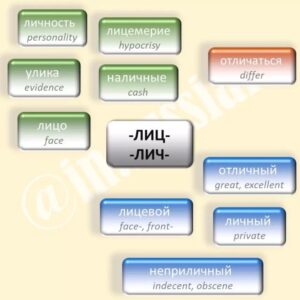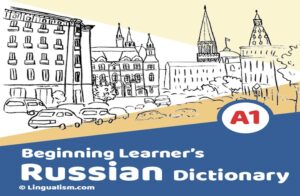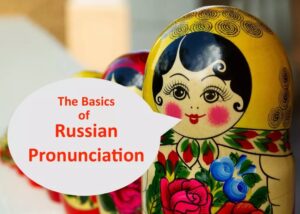
Boost Your Brainpower: The Cognitive Benefits of Learning Languages
Boost your brainpower—see how learning languages can rewire your mind for the better!

Breaking the Cycle: How to Stop Procrastinating and Achieve Your Language Learning Goals
Discover effective strategies to overcome procrastination and achieve your language learning goals. This guide covers the importance of self-awareness, setting realistic goals, accountability, support, and motivation.

How to Use SMART Goals to Learn Arabic Effectively
When learning a language independently, it can be difficult to stay focused. This article explains how you can set and achieve your goals with the help of S.M.A.R.T. goals!

20 YouTube Channels for Learning Russian (Elementary)
I’d like to share with you some of my favorite channels on Youtube that have helped me get through the elementary level or that I wish I had known about when I was an elementary learner.

Top 10 YouTube Channels for Learning Russian (Intermediate)
Here are my recommendations for channels from amazing content creators on YouTube that are ideal for intermediate-level (B1-B2) students.

Russian Roots: лиц/лич (face)
Today I would like to show you how productive the root лич/лиц (face) is and share some frequently used collocations and idioms in which the derivatives of this root are used. Поехали!

Comparative in Russian with Намного (much more)
This short video is about forming the comparative degree of Russian adverbs or adjectives when we need to show to what extent something is bigger, cheaper and so on.

10 Pairs of Easily Confused Russian Verbs
Review the conjugations of these common verbs to avoid mixing them up.

Using the Beginning Learner’s Russian Dictionary
Get to know the Beginning Learner’s Russian Dictionary. Take a look at the organization of the entries and the wealth of lexical and grammatical information the dictionary contains.

The Basics of Russian Pronunciation
To pronounce Russian correctly, you first need to know the sounds represented by the letters of the Russian alphabet, both consonants and vowels.

How to say “one cannot” / “it is not allowed” in Russian
Today I would like to tell about a very common mistake among learners of the Russian language. It is the way to say: One cannot / It is not allowed/ It is forbidden.
